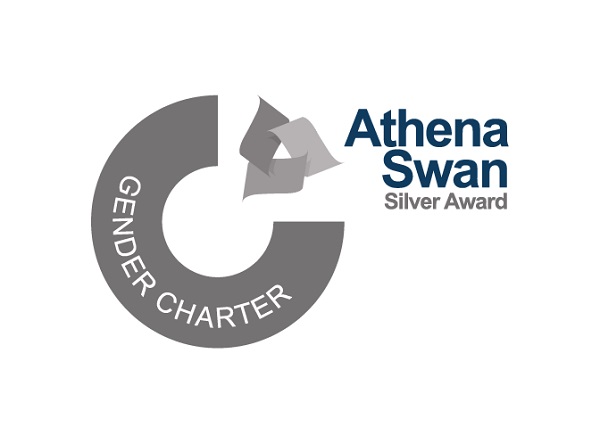Professor Bashir Al-Hashimi has been awarded the IET Faraday Medal for significant contributions to computing and systems engineering made during a 20-year career at the University of Southampton.
The Visiting Professor in Electronics and Computer Science (ECS) twice served as an Executive Dean in Engineering and Physical Sciences at Southampton before moving to King's College London in 2020.
He receives the Institution of Engineering and Technology (IET) honour for seminal theoretical and experimental contributions to manufacturing tests of system-on-chip, pioneering new test data and low power compression methods and algorithms for energy-efficient computing.
Professor Al-Hashimi joined ECS in 1999 and successfully led several national, large-scale interdisciplinary research programmes including the EPSRC Programme Grant PRiME as well as the Holistic project. In 2008, he founded the Arm-ECS Research Centre, which is now recognised as an exemplar for industry-academia collaboration.
Professor Al-Hashimi says: "I am honoured to receive the Faraday Medal from the IET in recognition of those students, colleagues and collaborators who have contributed so much to my research and leadership. It is both humbling and inspiring to be acknowledged in this way."
The computer and systems engineer was awarded a CBE in 2018 for services to engineering and industry, and continues to raise the UK's position in engineering higher education through various national and international leadership and advisory roles.
Professor Phil Nelson, Interim Dean of Engineering and Physical Sciences, says: "I would like to congratulate Bashir on this richly deserved honour. His vision and interdisciplinary focus has developed substantial areas of research that are transforming our fast-changing world, with his lasting impact seen in Southampton through initiatives like the award-winning Arm-ECS Research Centre.
"Bashir's contributions have been integral in sustaining Southampton's reputation as one of the best places in the UK for Electronics and Computer Science teaching and research, and I'm delighted that he is continuing his legacy here as a Visiting Professor."
Professor Al-Hashimi was awarded a personal Chair at ECS in 2004 and was elected as a Fellow of the Royal Academy of Engineering and a Fellow of the Institute of Electrical and Electronics Engineering in the following decade.
He supervised over 40 PhD students to successful completion during two decades at Southampton, where he also published 380 referred technical papers and authored or co-authored seven books. His recent edited book, completed with ECS's Professor Geoff Merrett, can be found here.
The IET Achievement Awards exist to recognise individuals from all over the world who have made exceptional contributions to the advancement of engineering, technology and science in any sector. The Faraday Medal was previously awarded in 2001 to Professor Chris Harris, an Emeritus Professor of Computational Intelligence at ECS in Southampton.
Related Links
The University cannot accept responsibility for external websites.
